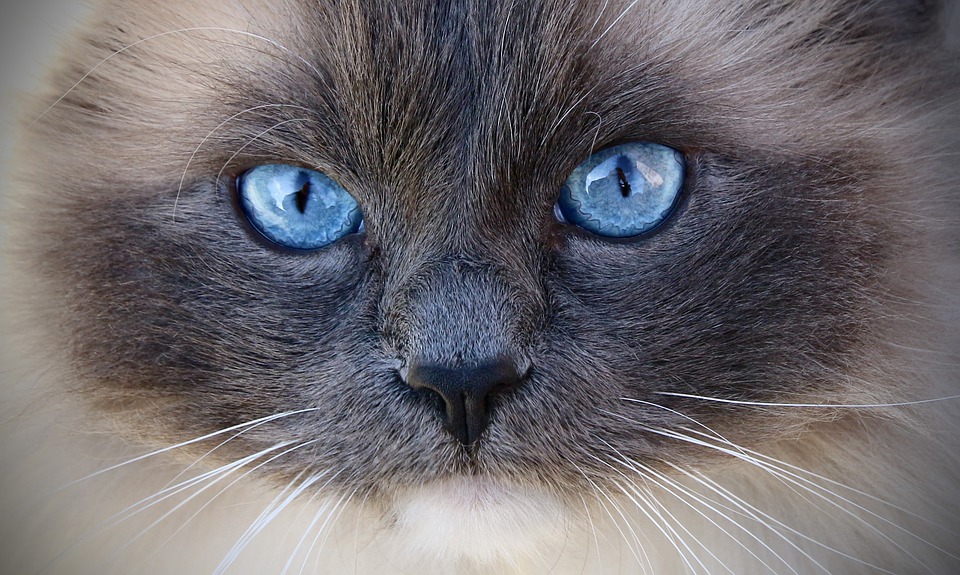Cats are beloved pets that bring joy and companionship to millions of households around the world. However, just like any other living being, cats can suffer from various health issues that require attention and care. Understanding common cat health problems, their symptoms, and appropriate treatment options is essential for every cat owner. In this article, we will delve into some of the most prevalent health issues affecting cats, providing valuable insights to help you keep your feline friend happy and healthy.
1. Feline Upper Respiratory Infections (URI)
Feline upper respiratory infections, commonly referred to as URIs, are akin to the common cold in humans. They are highly contagious and can be caused by various viruses and bacteria. Symptoms include sneezing, nasal discharge, coughing, fever, and loss of appetite. Treatment typically involves supportive care, such as ensuring proper hydration, feeding nutritious food, and providing a warm and stress-free environment. In severe cases, antibiotics may be necessary to combat bacterial infections.
2. Urinary Tract Infections (UTIs)
Urinary tract infections are not uncommon in cats, particularly in older or overweight individuals. Symptoms include frequent urination, difficulty urinating, blood in the urine, and excessive grooming of the genital area. UTIs can be caused by bacteria or crystals in the urine, and if left untreated, they can lead to more severe conditions such as bladder stones or kidney infections. Treatment usually involves antibiotics, increased water consumption, and a specialized diet to promote urinary health.
3. Dental Disease
Dental disease is a widespread problem among cats, yet it often goes unnoticed. Plaque and tartar buildup can lead to gum inflammation, tooth decay, and even tooth loss. Symptoms may include bad breath, difficulty eating, drooling, and inflamed gums. Regular dental care, such as brushing your cat’s teeth or providing dental treats, can help prevent dental disease. In advanced cases, professional dental cleaning under anesthesia may be required to remove tartar and address any oral health issues.
4. Obesity
Obesity is a significant health concern for cats, as it can lead to a variety of health problems, including diabetes, arthritis, and heart disease. If your cat is overweight, symptoms may include excessive weight gain, difficulty grooming, decreased activity levels, and increased respiratory effort. A balanced diet, portion control, and regular exercise are essential for managing and preventing obesity in cats. Consult your veterinarian to create a tailored weight loss plan if needed.
5. Parasites: Fleas, Ticks, and Worms
Fleas, ticks, and various types of intestinal worms can cause discomfort and health problems for cats. Fleas can lead to skin allergies and transmit diseases, while ticks can transmit serious illnesses, such as Lyme disease. Intestinal worms, including roundworms and tapeworms, can cause weight loss, vomiting, and diarrhea. It is crucial to use appropriate flea and tick prevention products and administer regular deworming treatments as recommended by your veterinarian to keep your cat free from parasites.
FAQs: Frequently Asked Questions
Q: Can cats catch colds from humans?
A: No, cats cannot catch colds from humans. Feline upper respiratory infections are primarily caused by specific viruses and bacteria that affect cats.
Q: Can dental disease in cats be prevented without brushing?
A: While brushing your cat’s teeth is the most effective preventive measure, there are other options available. Dental treats, water additives, and special diets designed to promote dental health can also help maintain oral hygiene.
Q: How often should I deworm my cat?
A: The frequency of deworming depends on various factors such as your cat’s lifestyle and the prevalence of parasites in your area. Generally, it is recommended to deworm kittens every two weeks until they are three months old and then every three months thereafter.
Q: Should I be concerned if my cat occasionally coughs up a hairball?
A: Occasional hairball coughing is considered normal for cats. However, frequent or severe hairball problems may indicate an underlying issue, such as excessive grooming or digestive problems. Consult your veterinarian if you are concerned about your cat’s hairball situation.
By familiarizing yourself with these common health issues, their symptoms, and appropriate treatments, you can ensure that your feline companion receives the care and attention they need. Remember, regular veterinary check-ups and open communication with your veterinarian are crucial for maintaining your cat’s overall health and well-being.








